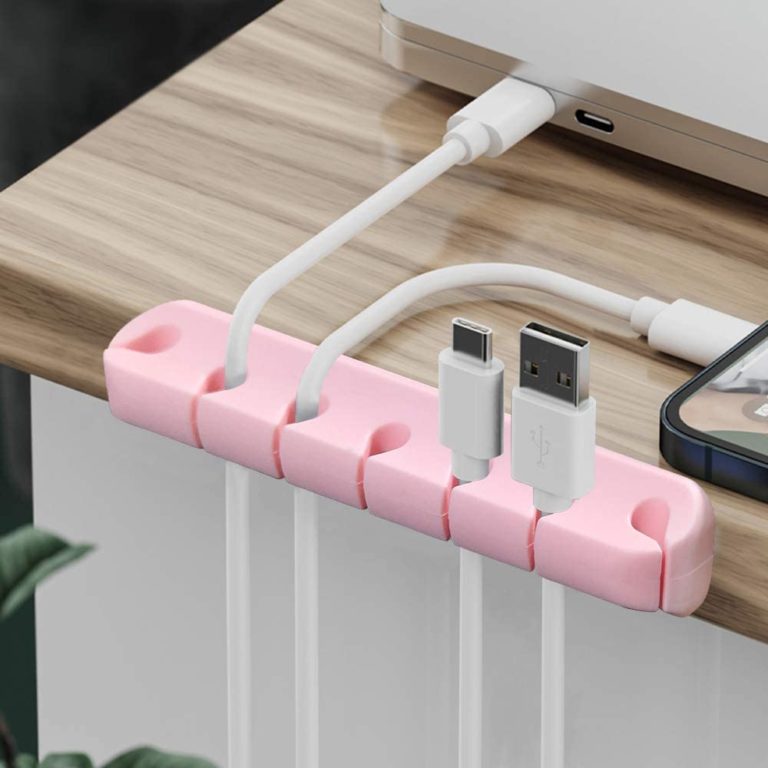Managing a troubled teenager can be worrying, stressful, baffling, and hurtful. A teenager in a troubling life phase can defy even the coolest of parents. When you are dealing with other depressing challenges in your life, for instance, work, other children, illness, and family commitments, you can feel as if the teen is pushing you into your early grave.
According to Yale Medicine, approximately 15 million children in the US—roughly one in five children—live with a parent battling severe depression. If your teen is depressed, abusing drugs or alcohol, engaging in risky behaviors, aggressive, temperamental, and has an eating disorder, you need to learn how to deal with the situation amicably.
Here are methods of easing the stress at your home and support your teenager switch into a joyful, productive adult without losing your sanity.
Explore the Option of Group Homes

You might not want to place your teen in a residential treatment center. However, residential treatment for teens might be a great temporary environment for troubled youths who require thorough professional help. A teen exhibiting uncontrollable behaviors or psychiatric emergencies like suicide tendencies, manic episodes, hallucinations, and uncontrollable rage requires a supervised, instant professional treatment program to ensure their quick well-being.
The treatment team and the design of a group home’s schedule allow your teen to participate actively in therapy, day-to-day home activities, and school. The support your teen gets from a group home focuses principally on enhancing self-esteem, teaching new skills and discipline, and holding teenagers responsible for their conduct. A residential treatment program for your teen in a group home might include:
- Group therapy
- Drug education
- Cognitive-behavioral therapy (CBT)
- Dialectical-behavioral therapy (DBT)
- Family therapy
- Experiential therapies
- Anger management
Connect With Your Troubled Teen
It might appear hard to believe—given your teen’s indifference and resentment towards you—however, young people still yearn for acceptance, approval, and love from adults.
Positive direct connection is the fastest, most effective way to ease stress. It calms and focuses on the nervous system. Before opening lines of communication with your teen, ensure your stress levels are not high. Avoid communicating with your teen while you are upset or angry—wait until you are energized and calm. Tips for connecting with your teen include:
- Being there for your teen during their most vulnerable moments
- Finding common ground
- Listening patiently without giving advice or judging
- Expecting rejection; however, staying calm and trying again later
Your teen’s ability to bond with you passionately can be compromised if he/she is under the influence of drugs or alcohol. Teens that use prescription medications may find it hard to connect with loved ones, especially when overdosing. Thus, if your teenager is taking supplements and anti-depressants from miracle CBD gummies, ensure they are taking the correct dosage as per the doctor’s advice.
Manage Your Teen’s Violence and Anger

A violent, angry, or aggressive adolescent can make parents live in constant fear of harm to the teen, parents themselves, and other people. However, you don’t have to live under the fear of verbal abuse or threats of violence. Tolerating your teen’s anger or aggression is as destructive for you as it is for him/her. The following tactics might help you deal with your child’s hatred and violence.
- Create boundaries, code of behavior, and penalties—when both of you are calm, let your teen understand that while it is ok to feel angry, there are intolerable ways of venting it
- Try to understand your teen’s specific needs and cause of their anger
- Know your teen’s annoyance warning signs and triggers
- Help your teenager with anger management skills
- Allow him/her to retreat when angry
- Learn how to cope with your anger
Take Care of Yourself

The stress of handling a rebellious teenager can take a toll on your well-being and can leave you with severe mental health disorders. Therefore, you shouldn’t neglect your physical, emotional, and mental health needs. Get to know stress management skills. The process of caring for yourself includes:
- Taking time to relax daily
- Talking about your feelings and struggles
- Seeking help from friends, counselor, family, religious leader, respectable young adults, and teachers
- Not neglecting other children
Your teenager can overcome complications of adolescence and ripe into a cheerful, sensible young adult. He/she needs you during such vulnerable times. Seek professional help, especially from a reputable adolescent residential treatment center.





